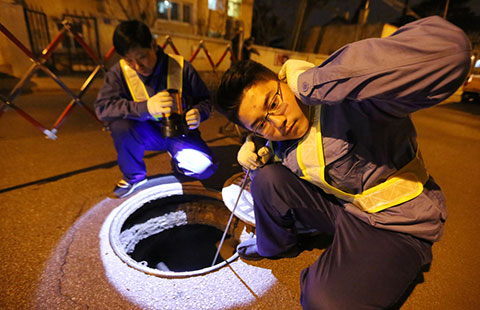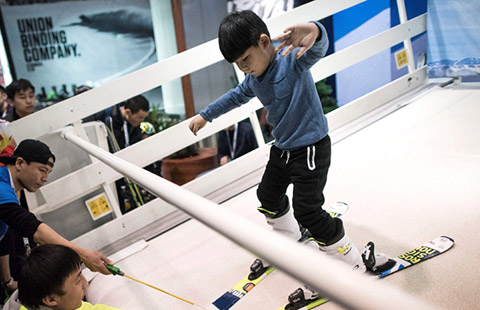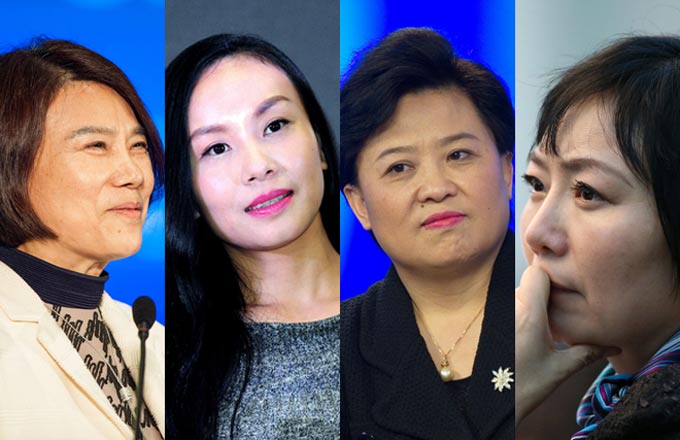Reflecting on rules that allow bad apples
Apple boss Tim Cook posted a letter on Apple's website in China on Monday in which he apologized for any misunderstandings that had led to the perception that Apple's attitude was arrogant in its dealings with Chinese consumers.
He said the complaints had prompted "deep reflection" and persuaded the company of the need to revamp its repair policies, boost communication with Chinese consumers and strengthen oversight of authorized resellers.
The statement came after the US company was subject to heavy media criticism and consumer ire following China Central Television's annual program marking International Day for Protecting Consumers' Rights, which accused the company of providing Chinese consumers with a lower standard of service than consumers in other countries.
According to Chinese rules on after-sales services for cellphones, the producers should provide consumers with a new cellphone in the first two weeks after sales when their former cellphone has any of the serious quality problems listed in the appendix of the rules. The consumers have the right to ask for a new cellphone after the first two weeks in one year only when the cellphones cannot work after repairing twice.
In practice, it is very difficult for Chinese consumers to get a new cellphone even in the first two weeks if they find their cellphones do not work well. They have to prove the cellphones' faults fall among the problems listed in the rules. The after-sales service staff would more likely choose to replace broken parts instead of providing consumers with a new one.
In fact, Apple sold about 35 million iPhones in the last two years in China, and few customers reported buying an iPhone with any of the serious quality issues that would entitle them to exchange the phone for a new one in the first two weeks under China's consumer rights regulations.
China's rules on post-sales services and cell phone product quality were introduced in 2001 and they have never been amended. Analysts have pointed out that the country's rules for post-sales service quality lag behind such rules elsewhere.

















